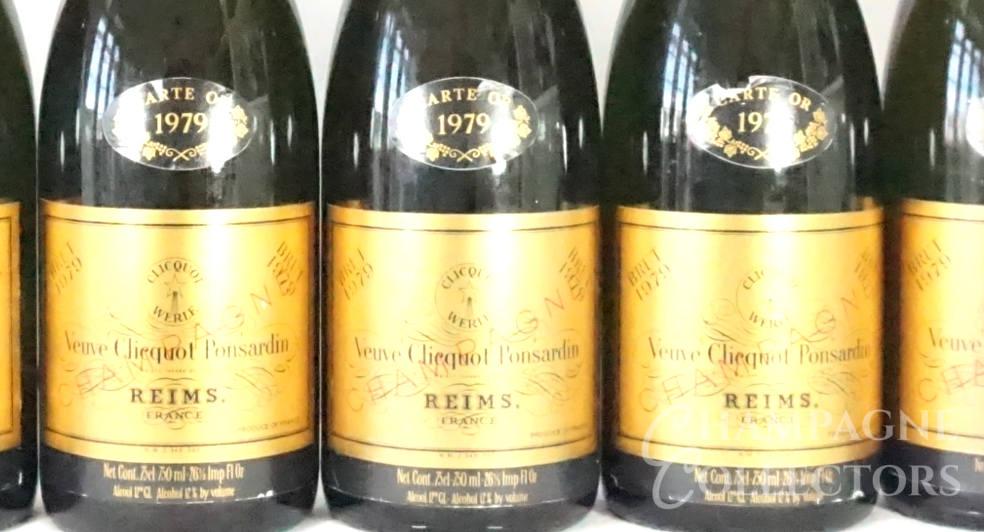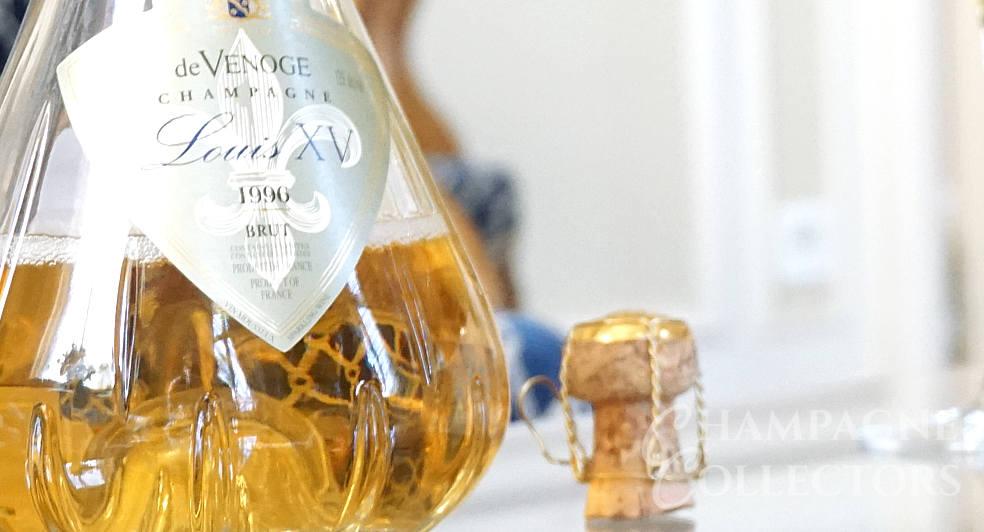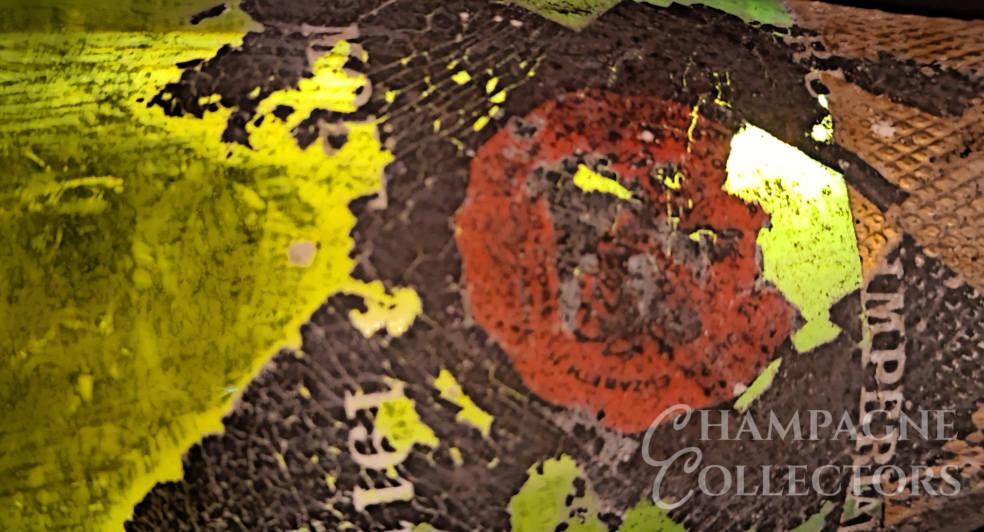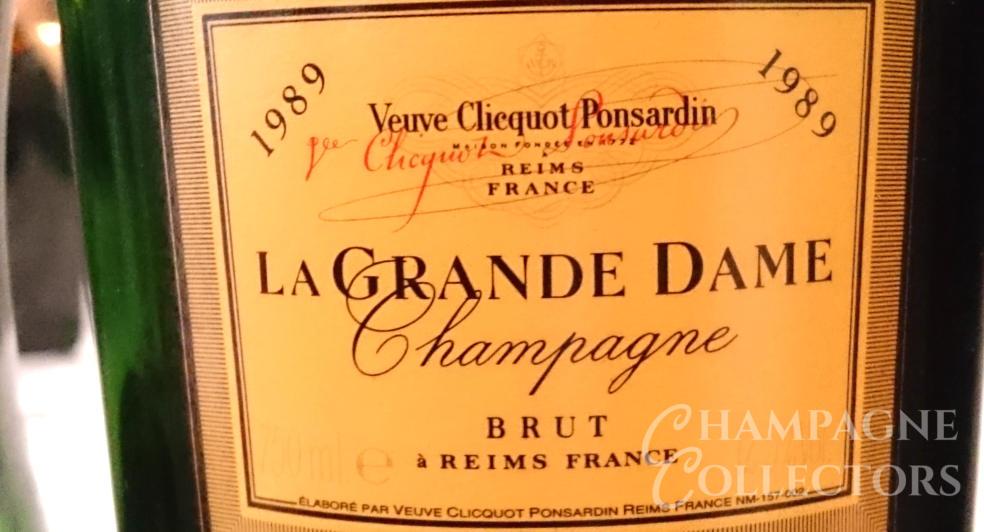There isn't a term that identifies someone who collects wines or Champagne, and that's not because it isn't popular! Those who collect Champagne capsules are referred to as placomusophiles with corkscrew collectors being known a helixophiles, but no such specific name exists for wine / Champagne collectors, they are simply referred to as wine collectors and Champagne collectors. Anyway, despite no title, let's continue with this highly popular pastime for many and business for many more.
Reasons people collect Champagne: Many of us wine lovers will generally have a few bottles at home, our stock. For those that have more than simply a few bottles at hand for ongoing social occasions, then we can refer to them as collectors. Bottles we have stored away for future events, to improve them with ageing and to increase in value are all part of the world known as collectors.
Let’s assume that any bottle of wine you’ve purchased, and aren’t intending to drink straight away, is a wine you’re 'collecting'. We do not need to be a wine professional in order to collect wines, neither are the likes of professionally built cellars for storing isn't a requirement neither. Most wine lovers are collecting at least a few bottles that are tucked away such as in dark and cool places at home or within wine fridges, though some will simply store bottles in boxes in their spare rooms (with the heating off)."
Champagne: Reasons people collect bottles of Champagne.
- To drink. Yes, obviously!
- Memories / souvenirs. Many will hold on to bottles that hold emotional value for instance those which were gifts, excess wedding wine and more.
- To improve with age. This includes wines which we wish to explore the flavours of in future years for reference.
- To save money / guarantee availability. As Champagne ages it might increase in value and also if you do not get yourself a few bottles now, they may not be available when you come round to purchasing in the future.
- For investment. Certain Champagne will increase in value with age and rarity.
What makes a Champagne collectable: The are many factors that make certain Champagne houses and labels collectable. The quality is of course one of the main factors, the best Champagnes will sell for the highest prices. Ageability in that the wine will improve with age or change in style that many wine lovers seek to explore. How rare the label is will be a big factor in what makes a Champagne collectable with many wineries having small batch / production releases or their prestige cuvée from unqiue vineyards produced at lower levels. Demand can make a Champagne more collectable over others. Other reasons might include label designs, shapes of bottles, size of bottles and packaging.
Champagne collecting mistakes: As we collect Champagne, we are what could be referred to as babysitting. It is our duty to care for and protect the bottles so that no damage occurs to them neither ruining of quality inside the bottle. For serious wine collectors, it will be highly recommended to, especially if guarding quality for future drinking / sales, to have professional storage for your wines.
If you are purchasing the top, globally recognised brands and labels, for instance Dom Pérignon, Krug, Cristal, then you can be assured that the collecting of will generally be rewarded with increased value and flavours. Do not forget that though these brands are favourable to many, they are also produced in volume with millions of bottles distributed globally so you might require lots of time before you are rewarded financially. Be wary of trends in Champagne in that you might invest in one winery or label and either that trend dies down or that the expected improvement with ageing is dismissed following ongoing tastings showing a decline in quality.
Incorrect storage will be a major mistake, this will effect both quality and price. If re-selling Champagne as a collector is your goal, you will ideally need a storage history to share with your buyer.
Storing Champagne bottles that are meant to be enjoyed young / will not improve with age, so adequate research is always required before collecting certain labels. It will pay any collector to have a basic, yet solid, understanding of the wine(s) they are collecting.



